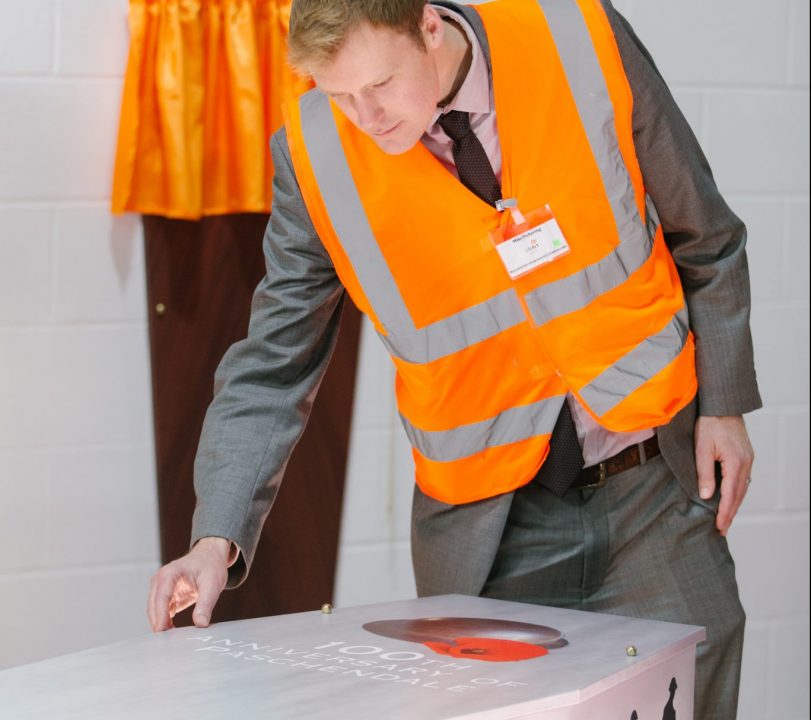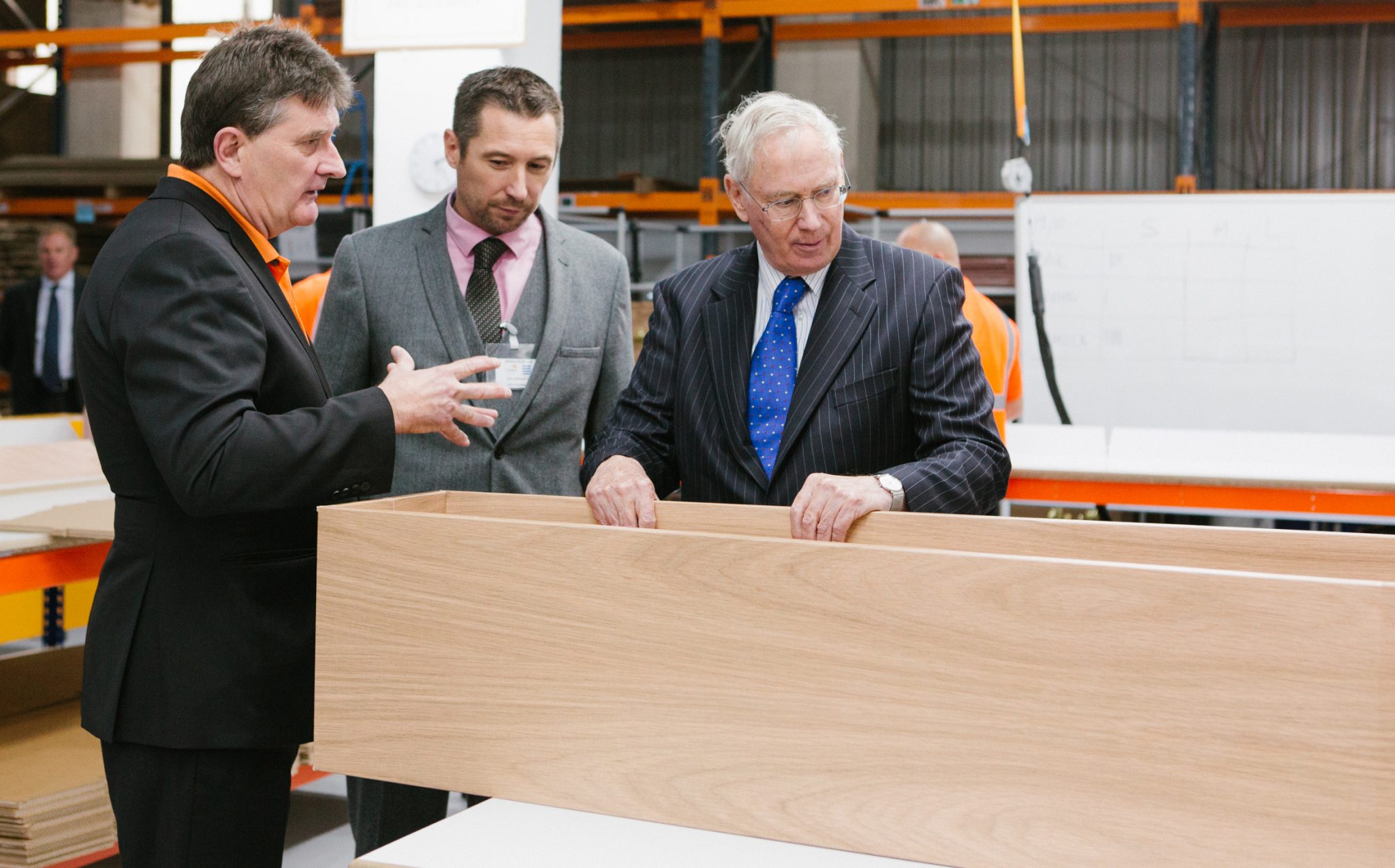Midcounties Co-operative has become the country’s first funeral operator to offer a new type of environmentally friendly coffin.
The coffin is being built in Gloucester by LifeArt, in a joint venture with Flexmort, a Queen’s Award-winning firm.
The factory, opened this month by the Duke of Gloucester, aims to revolutionise the way coffins are made by offering an eco-friendly and affordable alternative to traditional wooden and other non-timber options.
Each coffin manufactured by LifeArt in the UK is made from an advanced material called Enviroboard, using waste and offcuts from spruce forestry operations sourced by Forest Stewardship Council certified suppliers.
The range is specifically designed for use in cremation, which is now the choice of 75% of the UK population due to the high cost of burial plots.
LifeArt has developed and patented a way of building lightweight coffins which, it says, produce up to 70% fewer emissions during the cremation process than conventional coffins made from MDF or particleboard.
The latter also create dark ash, while LifeArt coffins reduce to a very light white ash. In addition, the company has developed printed timber finishes which replicate the look of real wood.

Mark Adams, acting chief operating officer of Midcounties Co-operative Funeralcare, said: “The LifeArt coffin has so many advantages for us. It’s not just better for the planet. It’s fully functional and helps reduce manual handling issues because it’s much lighter. Not only that but the graphics are amazing, whether you choose a timber effect coffin or one personalised with pictures.”
LifeArt and Flexmort CEO Simon Rothwell says the benefits of the technology are huge, both in terms of the environment and the cost.
“LifeArt coffins emit up to 70% fewer emissions than traditional coffins,” he said. “If you equate that with half a million deaths in the UK a year, we have the potential to make a real difference in reducing global warming.

“On top of that, it is more economical. For a bamboo eco coffin, for example, you could pay upwards of £500. Ours will cost in the region of £300. A traditional wooden casket could cost £1,000 or more.”
Compared to traditional coffin manufacturing, LifeArt requires a smaller factory and workforce, and is quicker, with just 30 minutes needed to produce a coffin.
Mr Rothwell added: “Traditional cardboard coffins haven’t captured the mass market because they don’t look like traditional wooden coffins or work the same way. The patented construction of LifeArt coffins means they work and look just like traditional coffins. This range is the future of the coffin industry in my opinion and offers three huge advantages – low emissions, low prices and high quality.”